Содержание
- 2. Online preparation materials APDS Workshop Seminars Presentations and video tracks Exam-oriented https://sales.avaya.com/en/general/apds-workshop-seminars Project Fastfood Partner tools
- 3. Platform Standalone servers Avaya Collaboration Platform Vmware environment customer provided hardware Cloud solution ACP 4200 (Pod
- 4. Business view on Avaya Aura
- 5. Unified Communications Market Trends The quality, intuitiveness and effectiveness of the overall user experience across all
- 6. Avaya Solutions Framework Global Services Customer Engagement Solutions Team Engagement Solutions Engagement Environment Public, Private and
- 7. Team Engagement solutions Team Engagement solution areas: Growth Enablement Worker and Team Productivity Communications Optimization Communications
- 8. Application development on UC market Application customer’s communications experience must Fit into the daily work process
- 9. Avaya Aura
- 10. What does the customer recognize first? A phone
- 11. Economy class: J129 IP PHONE ESSENTIAL
- 12. Somehow better: J139 IP PHONE ESSENTIAL
- 13. Best in Grayscale: J169 IP PHONE ESSENTIAL
- 14. Best in Color: J179 IP PHONE ESSENTIAL
- 15. J100-SERIES J179 with custom bezels Customer orders J169/J179 without faceplate. Customer orders required quantity of custom
- 16. BUTTON MODULES Grayscale display with 24 red/green buttons Suitable for J169 and useable on J179 Up
- 17. J100/K100 WIRELESS MODULE
- 18. J100 Series – Portfolio View J129 J139 J159 J169 J179 JEM24
- 19. Simply the Best: Vantage K165 / K175
- 20. Vantage with Buttons: K155
- 21. Software phone - Equinox Client Next Meetings Call History Presence and Incoming Call Management Dial Pad
- 22. J159 IP PHONE TO BE AVAILABLE LATER
- 23. 3.5 Inch (480x320) Color H229 H239 H249 !! Faceplate !! H200 Hospitality series
- 24. B100 series for Conference rooms Common features Display 128*64, SD card recording, Phonebook External microphones option
- 25. Avaya B109 IP Conference Phone Used in the huddle room or as your personal speakerphone USB
- 26. Just Phones SIP SIP SIP H.323 TDM ?
- 27. Enabling Phones: Communication Manager SIP SIP SIP H.323 TDM Gateway Communication Manager ?
- 28. Communication Manager IP network IP network PSTN IP network IP network
- 29. Gateways Port Network: G650 gateway[s] - EOS 19”, 8 U, 14 TN-type slots TDM bus: 242
- 30. TN type cards Subscriber and trunk cards TN2214 / TN2224 – 24 digital (DCP) subscriber ports
- 31. MM type cards Actual voice modules MM710 – 1 E1/T1 connector (R2 & ISDN PRI) MM711
- 32. Communication Manager capacity options Branch (S8300) Up to 1000 subscribers Up to 250 H.248 gateways MM-type
- 33. ACM Network topology Communication Manager Distributed Network structure Network connectivity «Traditional»: G650 IPSI card connects to
- 34. Communication Manager roles Three possible roles ACM can play Feature Server half-call mode SIP only SIP
- 35. Integration structure CM-ES CM-AE H323 SIP (CM-ES) analog DCP SIP (CM-AE) DCP H323 SES CM-FS SIP
- 36. In case of IP Only connections SIP SIP SIP H.323 TDM Communication Manager ? Media Server
- 37. Smaller footprint, high channel density Virtualized replacement for existing G650/G450 GWs Centrally deployed unlimited voice announcements
- 38. Avaya Aura Media Server AAMS G450 1U Server, up to 4000 AAMS channels 13 G450 Gateways
- 39. AAMS vs. Media Gateway Avaya Aura Media Server Virtualized software Unlimited Announcements (limit by Channels licensed)
- 40. Adding SIP: Session Manager SIP SIP SIP H.323 TDM Gateway Session Manager Communication Manager
- 41. Session Manager basics Session Manager routes SIP only Session Manager connects to: Phones PBX systems Session
- 42. Session Manager features SIP high-volume multi-domain router with Application Sequencing Multi-vendor compatibility and routing across a
- 43. Session Manager licensing Sessions-based licensing was in place with R6 Pooled licenses for actually utilized connections
- 44. Avaya Aura® System Manager Applications Avaya Aura Presence Services Avaya Aura Messaging Avaya Aura Contact Center
- 45. Exam[ple] question You are working on a design for a customer who has 11,000 SIP users,
- 46. Exam[ple] question You are working on a design for a customer who has 11,000 SIP users,
- 47. Avaya Aura Device Services AADS allows the Equinox user on any platform Log in with a
- 48. What’s inside AADS feature sets Services Contact Service Works with PPM, Exchange, enterprise directory contacts Photo
- 49. Aura / ACM Survivability Servers that be LSP & ESS survivable servers LSP allows registration of
- 50. Avaya Survivable Core / Remote ESS/LSP replacement in a SIP-centric environment Provide reserve for CM-FS and
- 51. Branch solution: B5800 / IPO Branch Survivable SIP Gateway with local PSTN connectivity Миграция возможна Enterprise
- 52. IPO Branch capabilities Trunk capacity CO (up to 16), T1/E1 PRI (up to 8 ) ,
- 53. Exam[ple] question You are working with a customer that has 4,000 employees in 4 locations. Singapore
- 54. Exam[ple] question You are working with a customer that has 4,000 employees in 4 locations. Singapore
- 55. Getting Aura under control SIP SIP SIP H.323 TDM Gateway Session Manager System Manager & AADS
- 56. System Manager System Manager - centralized administration of the solution provisioning, maintenance, and troubleshooting mandatory component
- 57. SMGR Geo-Redundancy System Manager System Manager Geo-Redundant Failover Supported on SM/SMGR R6.3 and later System Manager
- 58. Aura R7 Solution Deployment Manager (SDM) Session Manager Avaya Aura Core Communication Manager Communication Manager SMGR-SDM
- 59. SDM Upgrade: make your life easier Was Is Fully manual Don’t use the Force, Luke! Press
- 60. Breeze App Platform and IM/Presence SIP SIP SIP H.323 TDM Gateway Session Manager System Manager &
- 61. Presence Services features Collects, aggregates, and organizes presence information Provide the instant messaging function Creates a
- 62. Presence Services on Breeze (R7+) Better scaling and reliability with Presence Services Breeze platform delivery (HA
- 63. Legacy Clients Mgmt Clients* Mgmt Clients* Mgmt Clients Mgmt SIP/PPM SMGR with Breeze EM SIP Providers
- 64. Avaya Multimedia Messaging Making IM & Presence more effective for business IM across mobiles and desktop
- 65. Multimedia Messaging & Presence Services
- 66. AMM Design considerations Capacities Single-server Up to 5000 users per server Clustered Up to 6 servers
- 67. Avaya Aura® System Manager Applications Avaya Aura Presence Services Avaya Aura Messaging Avaya Aura Contact Center
- 68. Avaya Aura Licenses Propose the right mix for the customer Basic IPT: IP Telephony Basic Telephony
- 69. License Entitlements Included Aura 8 offer CMM (EoS) for New Will continue to be available at
- 70. Session Border Controller
- 71. SIP Border Control SIP SIP SIP H.323 TDM Gateway Session Manager System Manager & AADS Communication
- 72. Session Border Controller for Enterprize COMPREHENSIVE SECURITY Threat Protection, Privacy, Policy Enforcement, Access Control Protection from
- 73. ASBCE Components CSRIII Hi-Capacity Hardware One server for SA Three servers for HA 2* SBC +
- 74. ASBCE Feature Groups
- 75. ASBCE 7.1 – Session Capacities HIGH CAPACITY MID-RANGE SMALL VIRTUAL VMWare unencrypted sessions capacity is 2000
- 76. Designing Capacity Customer have 10000 subscribers 4000 of them are Remote Users Telecommuters, wandering sales, etc.
- 77. Exam[ple] question You are in the process of sizing an ASBCE for a customer location. They
- 78. Exam[ple] question You are in the process of sizing an ASBCE for a customer location. They
- 79. Voicemail
- 80. Answering Machine on steroids SIP SIP SIP H.323 TDM Gateway Session Manager System Manager & AADS
- 81. Voice mail solutions Ancient: Intuity Audix, Definity Audix, Modular Messaging Expired: СМM. Expiring: AAM. Actual: IX
- 82. Avaya Aura Messaging architecture Current release AAM R7 and there will be no more Virtualized, Linux-based
- 83. Avaya Aura Messaging Single Server Site A System Platform Linux VM Application PBX Front/Back-End Site B
- 84. Exchange-only storage (example) MS Exchange enabled site Site A System Platform Linux VM Application PBX Site
- 85. Front-End / Back-End Configuration Multisite If your WAN is reliable and fast, remote Application server can
- 86. Front-End / Back-End Configuration Multisite … like this way Site Atlanta Site Boston Telephony Telephony Cluster
- 87. IX Messaging AKA OfficeLinx Traditional Voicemail Unified Messaging Extensive Collaboration Greater Feature Flexibility Increased Scaling Voicemail
- 88. Why? Unified simplified offer Migration support Aura, IP Office, here, there, anywhere Avaya Aura Messaging –
- 89. IX Messaging features - 1
- 90. IX Messaging features - 2
- 91. IX Messaging features - 3
- 92. IX Messaging features - 4
- 93. IX Messaging capacities
- 94. AAM vs OL* Specs – 1
- 95. AAM vs OL Specs – 2
- 96. IXM Functional Summary Locations Addresses Addresses Greetings Greetings Status Desktop or Mobile Clients UM Presence, Calendar
- 97. Fax support Exchange, O365, Google apps Fax send/receive by email .com or by use of a
- 98. Within Suites Perpetual ASIPP Perpetual Add-On Services Perpetual Subscriptions User / Month IXM Licensing OL Basic
- 99. Migration scenarios Legacy Call Pilot migration while retaining CS1K and AACC as a stepping stone (SIP
- 100. Remote CSE Node/5K Users Voice Server Node Consolidated Server Node Architecture overview Voice CSE Single voice
- 101. Solution components Dialogic VSN CS CSE Mutare Avaya CA Users Speech HA Ports DIY Customer is
- 102. Switch connectivity SIP T1/E1/ISDN Analog/Digital CTI Integrations AES/SMDI/MCI/ TAPI Voice Server Node PSTN Dialogic SIP Gateway
- 103. Voice Server Node Web Access SRM Web Reports Password Reset Web Client Web Admin Voice Server
- 104. Voice Server Node Message Networking SMS / MMS / SMTP VPIM Message Networking Internet Voice Server
- 105. Voice Server Node Unified Messaging Content Sync Engine (CSE) IMAP/EWS GMAIL API EWS MAPI Contact Sync
- 106. Voice High Availability Consolidated Server Architecture Consolidated Server Node Voice Node 1 Voice Node 2 UMST
- 107. Data Center 1 Active Consolidated Server UM High Availability (Local) Voice Node 3 Voice Node 4
- 108. Data Center 2 Carbonite Target Data Center 1 Standby Consolidated Server Active Consolidated Server UM High
- 109. Deployment IX Msg * Customer is responsible for MS Windows licensing Bare Metal Server IX Msg
- 110. Architecture cheat card Voice Server Node Consolidated Server Voice Server Node Voice Server Node x20 Consolidated
- 111. Application enablement
- 112. Extending beyond feature set SIP SIP SIP H.323 TDM Gateway Session Manager System Manager & AADS
- 113. Let the App be the Boss Client requests something strange – not resolved by regular setup
- 114. Device Adapter
- 115. Device Adapter Snap-in Software enables CS1000 customers to re-use Unistim (IP) phones on Avaya Aura® Deployed
- 116. Multiple Appearance Directory Number (MADN) MADN: A phone number that appears on two or more phones
- 117. Mobile-X like User experience on EC500 EC500 mobile users can invoke enterprise features on an active
- 118. Important Considerations Note – In most cases Communication Manager has similar capabilities Telephone Support in Release
- 119. Avaya Device Adapter Digital and Analog Single ADA supports all device types simultaneously (8.0.1) Digital and
- 120. For Avaya Aura® Provision CS1000 Migration Software
- 121. Exam[ple] question With Avaya Aura® 8.0, which two CS1000 Endpoints are supported for migration to Avaya
- 122. Exam[ple] question With Avaya Aura® 8.0, which two CS1000 Endpoints are supported for migration to Avaya
- 123. More Detail on Front End Sets
- 124. 96х1 series IP Phones EOS EOS EOS EOS
- 125. 1600 Value Edition 1603, 1608, 1616 phones 1616 support up to three 32-key extender consoles 16СС
- 126. 1616 with three extenders – 112 keys!
- 127. MDA and SIP Survivability Multiple Device Access One subscriber, multiple devices 10 max, limit administrable Aura
- 128. H175 desktop video terminal H175 SIP Video Phone SIP only, no H.323 planned FullHD 1080p30 Detachable
- 129. one-X Communicator Rich UC client for desktop or laptop, SIP or H.323. Supported on 32/64-bit Windows
- 130. One-X Communicator for Mac Incoming call Video Call Feature Menu Access Context sensitive call options
- 131. Avaya Communicators - Operation Modes Audio / VoIP Call Control
- 132. Avaya Virtual Desktop Infrastructure (VDI) The need virtual desktop solutions Greater efficiency, flexibility, security Simplified administration
- 133. Virtual Machine is a Bottleneck Voice audio quality suffers Lack of VM real-time processing ability RT
- 134. Avaya capability: Shared Control of hidden phone in VDI Client Avaya VDI Features Survivability Basic voice
- 135. Avaya VDI Communicator survivability Everyday scenario VDI Thin Client Loss of connectivity or VM machine down
- 136. Client Enablement Services Unified UC provider for one-X Mobile / Communicator and Avaya Communicator Long time
- 137. Avaya Equinox for Desktop and Mobile Enterprise voice Video everywhere Persistent Multimedia Messaging Feature rich in-meeting
- 138. Avaya Equinox for Desktop Specific to Desktop: Voice Features: Send All Calls Extend Call to Cellular
- 139. Avaya Equinox for Mobile iOS 9.0+, Android 4.4+ Specific for Mobile: Point-to-Point Video Calling CES and
- 140. Home Screens Mobile first design enabling users to do most things from one simple screen One
- 141. Equinox 3.0 Features SIP only, no H.323 Always On connectivity through VPN-less secure edge Call Hand-off
- 142. Equinox Attendant
- 143. Avaya Equinox® Attendant Flexibility to centralize attendant functions across a dispersed enterprise SIP based for easy
- 144. User Interface Windows desktop based and highly intuitive UI optimizing productivity Administrator controls keep data secure
- 145. Avaya Equinox Attendant user interface
- 146. Pick A Call, Cherry Picking A topic call is displayed in the call preview if The
- 147. Call Detail Window Presents contextual information about current / last call based on database look up
- 148. Favorites & Suggested Users Favorites Dynamically created list based on common transfer target for a given
- 149. Avaya Equinox® Attendant 5.0 summary Equinox Attendant 5.0.x Is a Windows SIP Client and a Breeze
- 150. Licensing Notes The customer must order 1 Equinox Attd Snap-in per 25 Client / Operators position
- 151. DECT Wireless platform
- 152. IP DECT R4 Ascom-based solution Up to 1000 base stations Up to 2000 subscribers Two types
- 153. 3749 DECT HANDSET ATEX handset Workers working in high-risk or dangerous environments. Supports Push to talk
- 154. Solution elements Internal antenna base, up to 200 m External antenna base, up to 200 m,
- 155. Inbuilding Wireless Server AIWS2 – Linux server Shipped preinstalled Several options including OAP for external systems
- 156. Avaya Breeze app platform
- 157. Breeze Platform A robust, scalable platform to build and deploy collaboration apps Collaboration app developed and
- 158. Exam[ple] question Which statement correctly describes the Avaya Breeze™ Engagement Call Control (ECC) Snap-in? ECC is
- 159. Breeze Inside Breeze consists of Clusters that are made of Servers/Nodes Clusters can have different purpose
- 160. Legacy Clients Mgmt Clients* Mgmt Clients* Mgmt Clients Mgmt Mgmt Mgmt SIP SIP/PPM SIP/MSML SMGR (mandatory!)
- 161. Legacy Clients Mgmt Clients* Mgmt Clients* Mgmt Clients Mgmt SIP/PPM SMGR (mandatory!) with Breeze EM SIP
- 162. Breeze Capacities Up to 35 Breeze servers in a solution – per System Manager Up to
- 163. When you Need a Media Server? When a snap-in is designed to use AAMS Real-Time Speech
- 164. Engagement Assistant snap-in One number conferencing access with no button clicks Just listen and talk Interact
- 165. Connector Snap-ins Snap-ins for connecting to external service providers Email Connector Snap-in SMTP send-only SMS Connector
- 166. WebRTC Snap-in Support web-based call services (Click-to-Call) Snaps in General Purpose Breeze Cluster Requires AAMS to
- 167. Exam[ple] question An Avaya Aura customer wants to add Click-to-Call to their web site. The customer
- 168. Exam[ple] question An Avaya Aura customer wants to add Click-to-Call to their web site. The customer
- 169. Park’n’Page snap-in Adds CS1000 Park’n’Page feature to Red Avaya How it works: Sub A calls operator
- 170. Breeze SDK Java SDK for developing a snap-in Available from Devconnect for $0 Includes Eclipse IDE
- 171. Engagement Designer GUI dev tool for those with no Java expertise Workflow Engine – engine event
- 172. Breeze Client SDK SDK for developing a Client app Multiplatform, desktop/mobile, web Session Manager 7.0.1+ required
- 173. Exam[ple] WRONG question With the Avaya Breeze™ Client Software Development Kit (SDK), which statement correctly defines
- 174. Breeze Trial and Live Collaboratory Trial Breeze option 90 calendar days 50 Named users, 1 Platform,
- 175. Virtualization and Deployment
- 176. System Platform – How it Was in Aura R6
- 177. Avaya Aura Deployment Options
- 178. Aura Aura Virtualized Environment Based on VMware ESXi 5.5 / 6.0 supporting: vSphere / ESXi –
- 179. Appliance-model virtualization System Platform hypervisor is replaced by Vmware-based Appliance Virtualization Platform (AVP) DEF: «Appliance» means
- 180. Appliance Virtualization Platform (AVP) Basics Based on OEM VMware version AVP is controlled by System Manager
- 181. Avaya Converged Platform ISS = Integrated Stacked Solution * Requires addition H/W
- 182. ACP 100 Server Constructs
- 183. Midsize Enterprise
- 184. Solution for Midsize Enterprize HDD RAM NIC Server Linux Console Domain XEN Hypervisor DOM-0 CPU AES
- 185. Midsize Enterprise migration to Aura 7 Separate applications Same server HW platform Set of migration HDDs
- 186. Service and Buy-to-Current
- 187. Service level and delivery Support Advantage Remote support, require SAL Minimum level – Preferred 24x7 +
- 188. Buy to Current Purchase R8 Select N (R8) or N-1 (R7) deployment release Get the requested
- 189. Cloud
- 190. Expanded Infrastructure Support IaaS clouds supported: IBM BlueMix, Google Cloud, Microsoft Azure, Amazon Web Services R8.0.1
- 191. xCaaS 2.1 Offer for CSP for Cloud delivery Single-stack for Team & Customer Engagement Public (Multi-tenant)
- 192. xCaaS 2.1 – offer for CSPs
- 193. One Cloud – ReadyNow Offer to use Avaya DC based cloud solution for UC/CC Option to
- 194. Wrap-up
- 195. Where to get more info?.. Sales/Design Docs Sales Portal http://sales.avaya.com Pay attention to Offer Definitions and
- 196. How to raise your proficiency level? Design. Try and repeat. Analyze the result and try again.
- 198. Скачать презентацию



























![Gateways Port Network: G650 gateway[s] - EOS 19”, 8 U,](/_ipx/f_webp&q_80&fit_contain&s_1440x1080/imagesDir/jpg/252838/slide-28.jpg)















![Exam[ple] question You are working on a design for a](/_ipx/f_webp&q_80&fit_contain&s_1440x1080/imagesDir/jpg/252838/slide-44.jpg)
![Exam[ple] question You are working on a design for a](/_ipx/f_webp&q_80&fit_contain&s_1440x1080/imagesDir/jpg/252838/slide-45.jpg)






![Exam[ple] question You are working with a customer that has](/_ipx/f_webp&q_80&fit_contain&s_1440x1080/imagesDir/jpg/252838/slide-52.jpg)
![Exam[ple] question You are working with a customer that has](/_ipx/f_webp&q_80&fit_contain&s_1440x1080/imagesDir/jpg/252838/slide-53.jpg)






















![Exam[ple] question You are in the process of sizing an](/_ipx/f_webp&q_80&fit_contain&s_1440x1080/imagesDir/jpg/252838/slide-76.jpg)
![Exam[ple] question You are in the process of sizing an](/_ipx/f_webp&q_80&fit_contain&s_1440x1080/imagesDir/jpg/252838/slide-77.jpg)






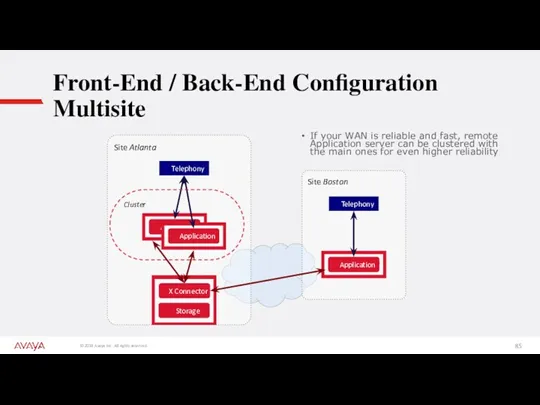

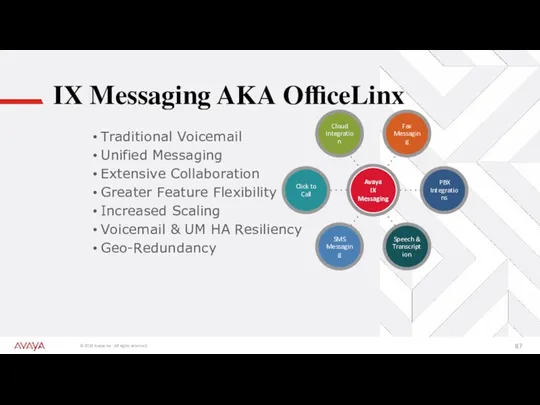
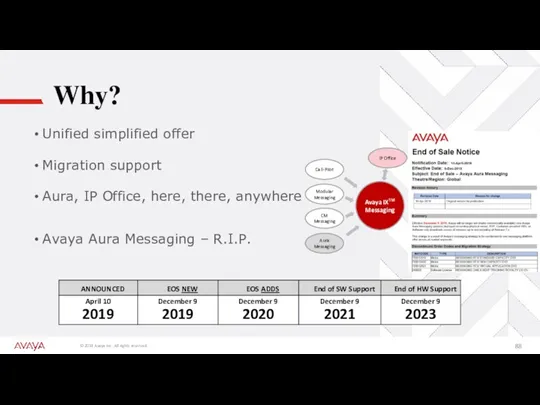
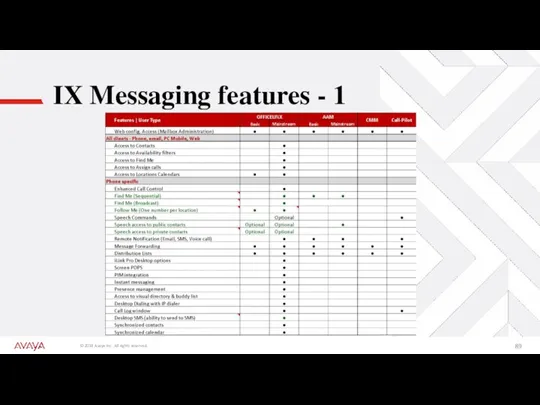
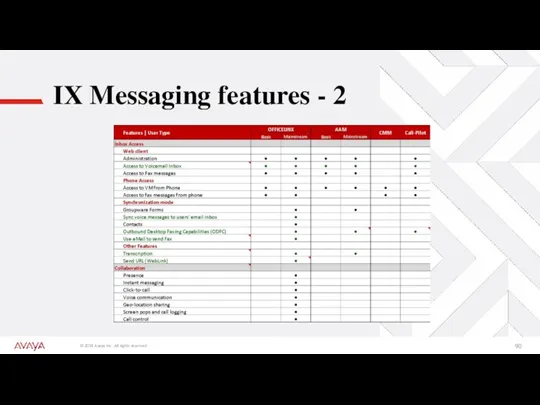
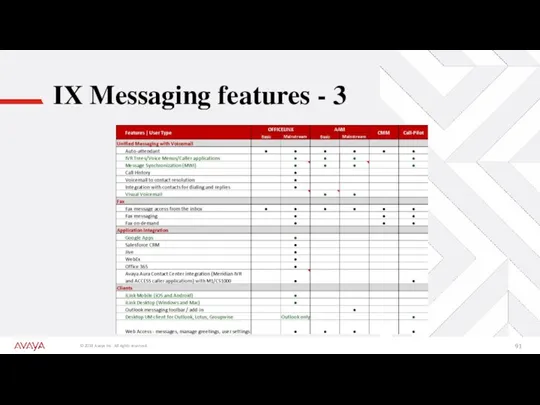
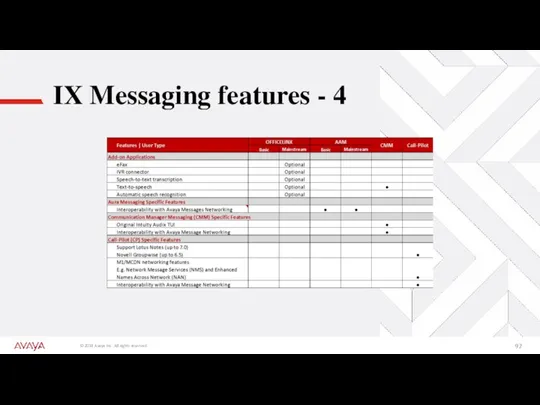
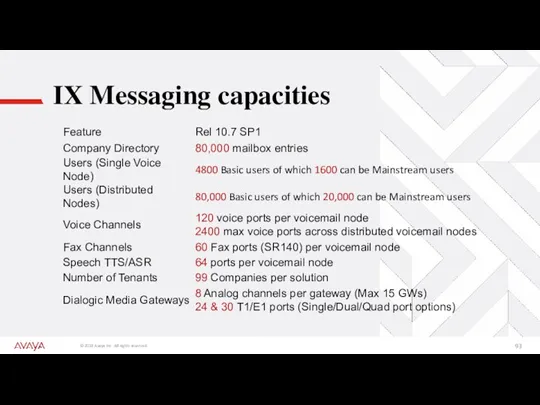
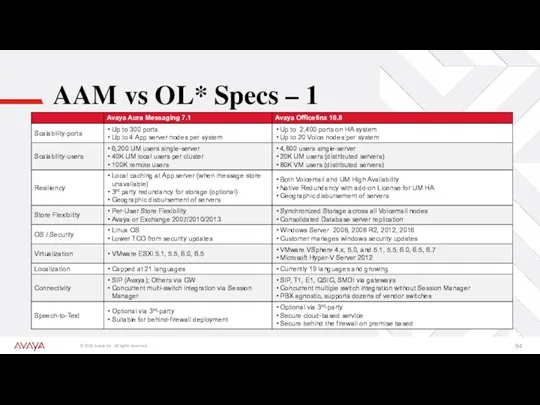
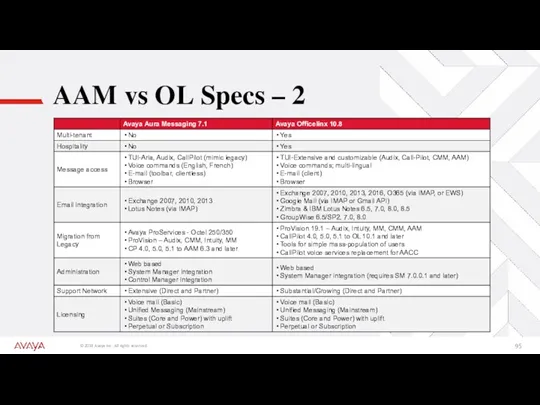
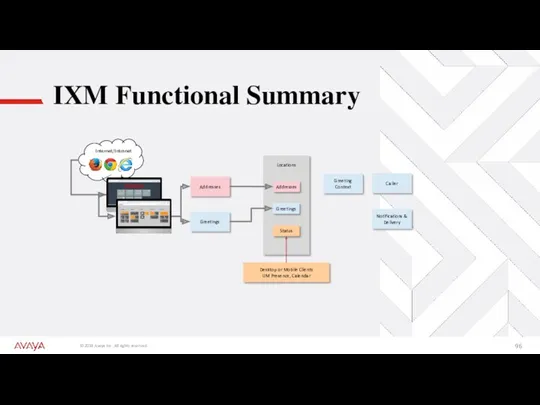
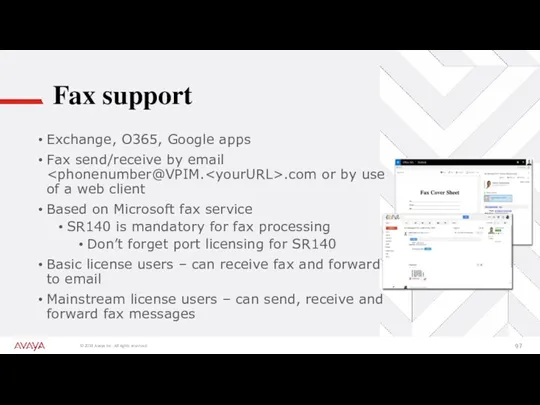
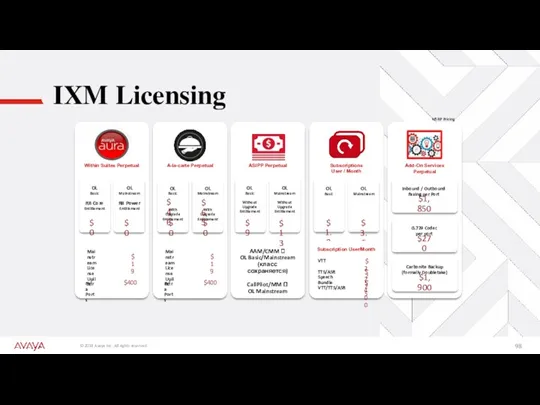
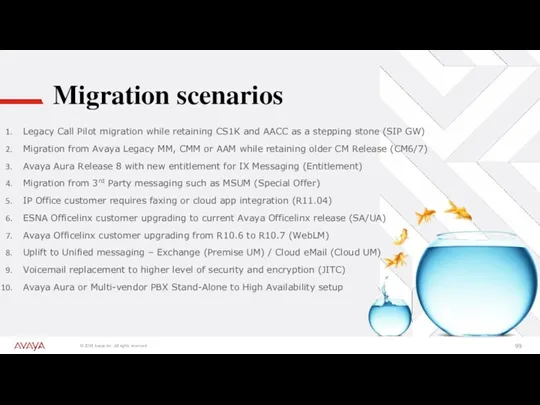
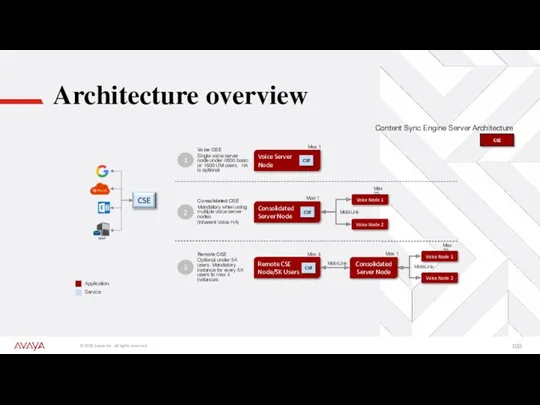
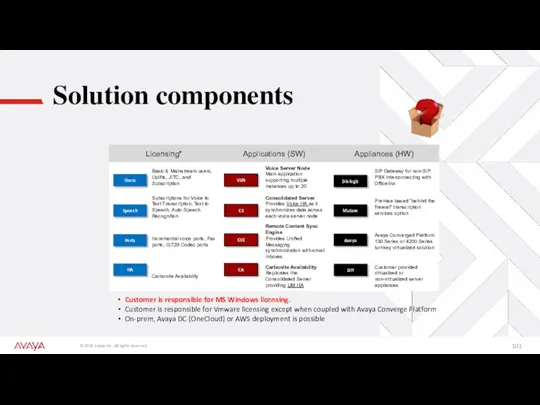
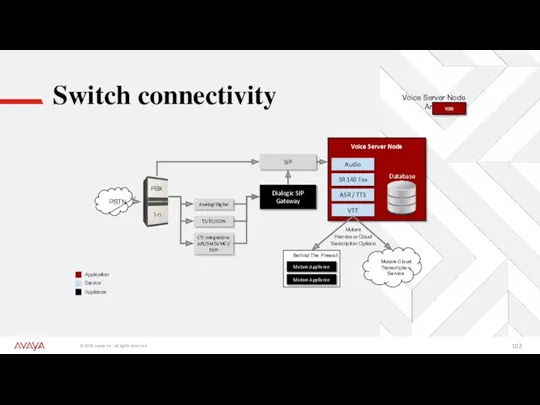
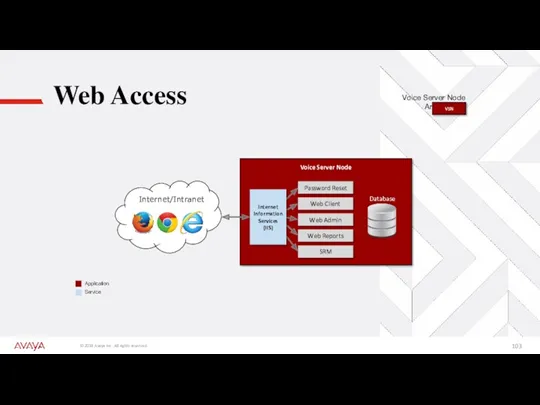
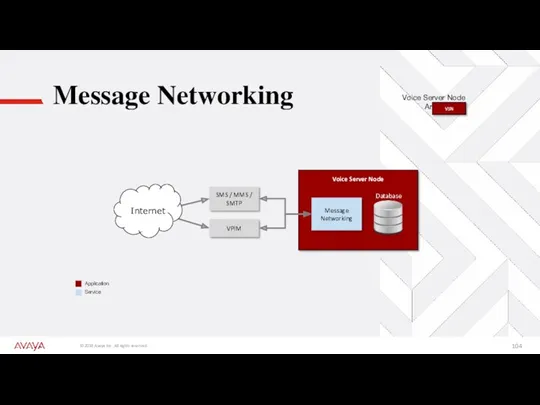
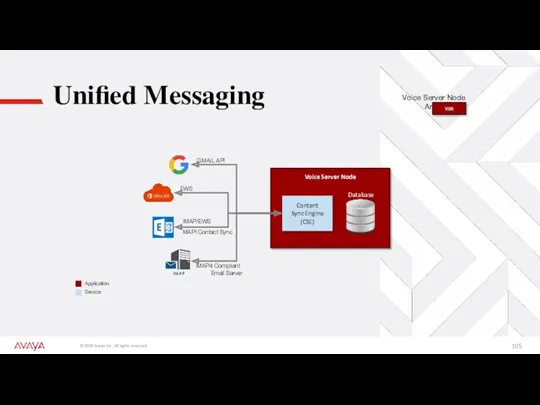
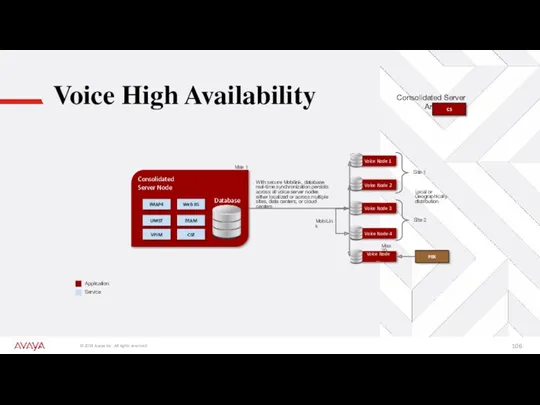
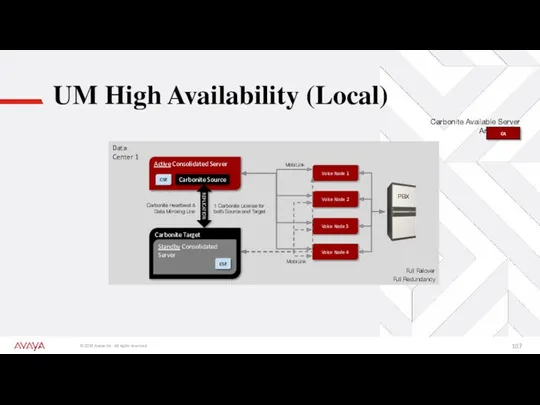
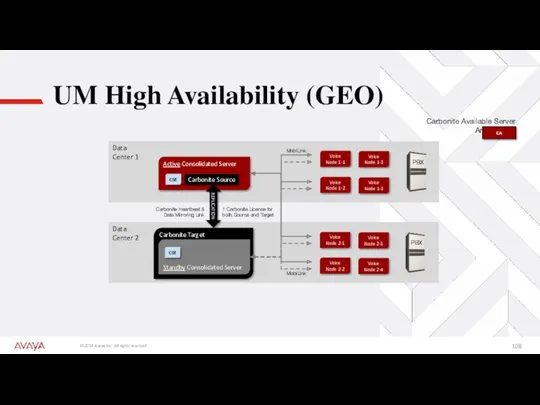
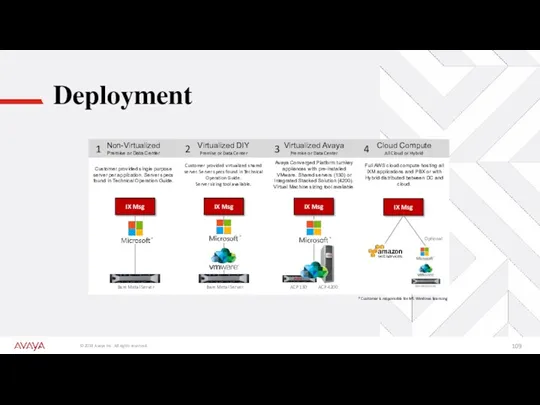
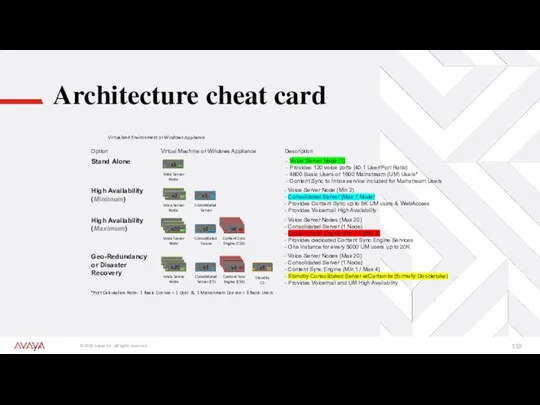
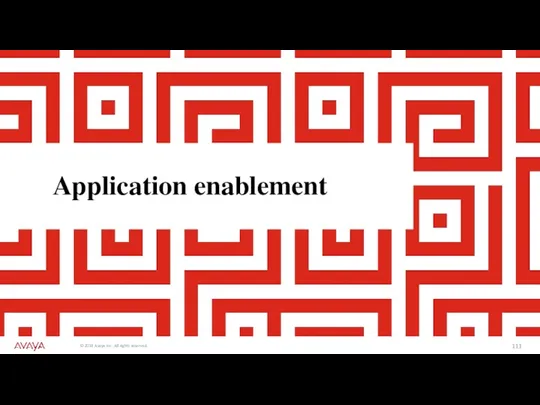
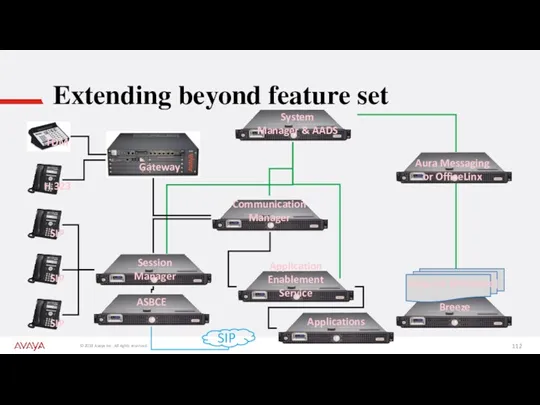
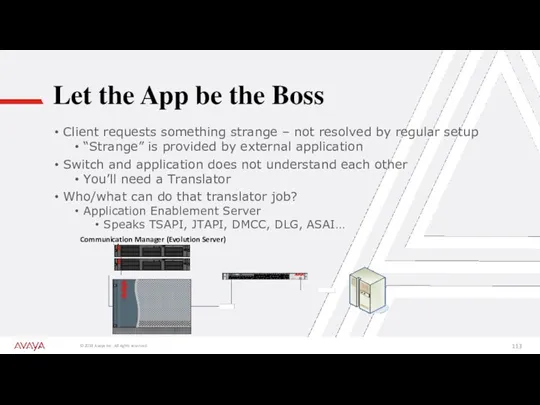
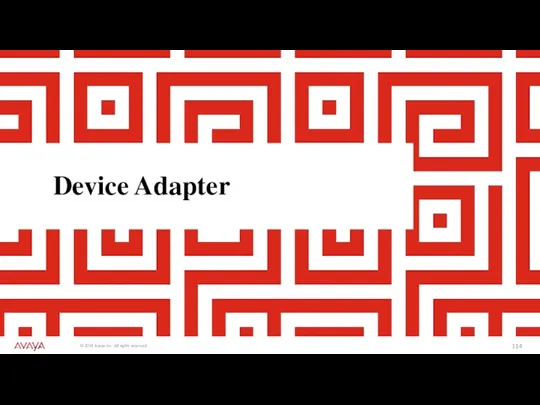
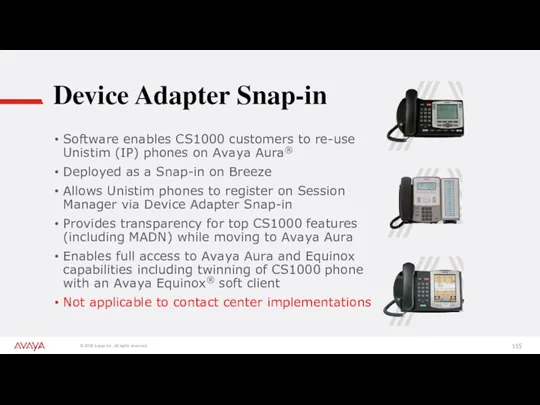
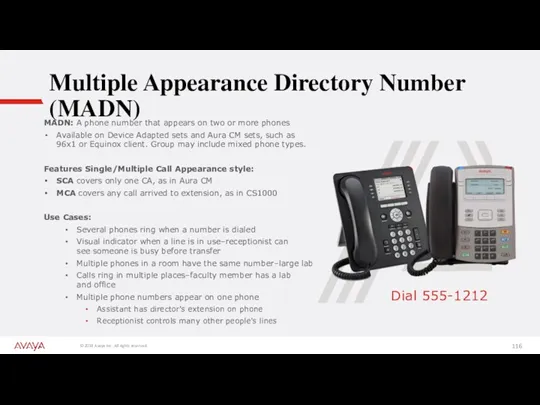
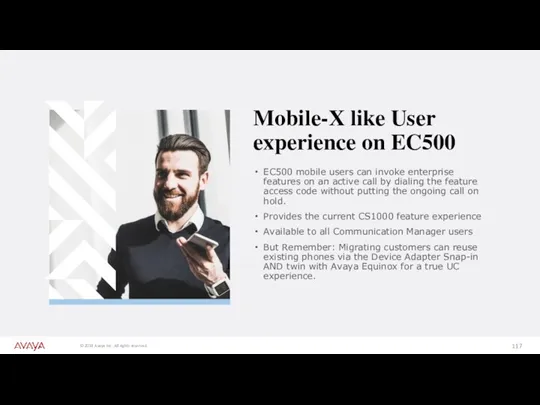
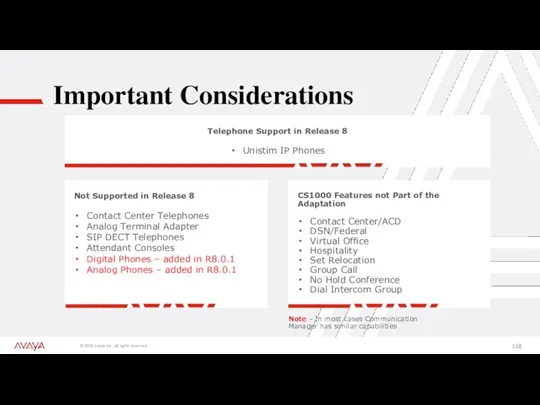
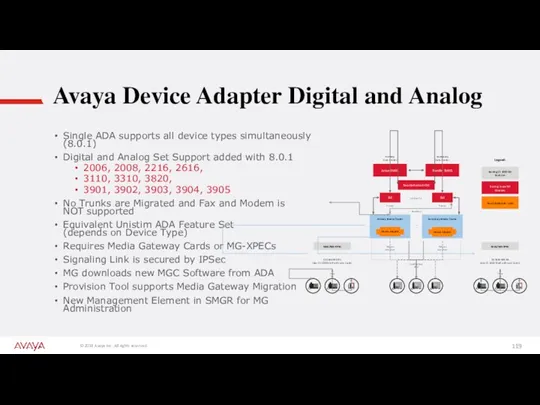
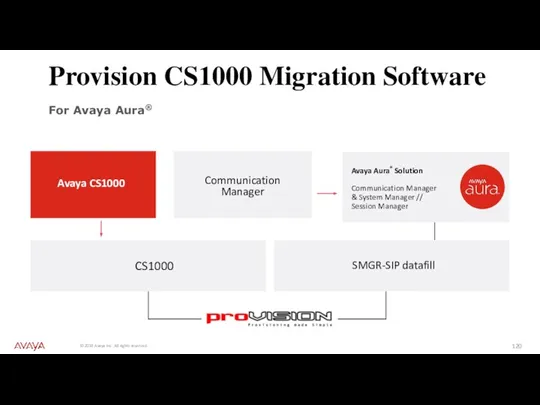
![Exam[ple] question With Avaya Aura® 8.0, which two CS1000 Endpoints](/_ipx/f_webp&q_80&fit_contain&s_1440x1080/imagesDir/jpg/252838/slide-120.jpg)
![Exam[ple] question With Avaya Aura® 8.0, which two CS1000 Endpoints](/_ipx/f_webp&q_80&fit_contain&s_1440x1080/imagesDir/jpg/252838/slide-121.jpg)

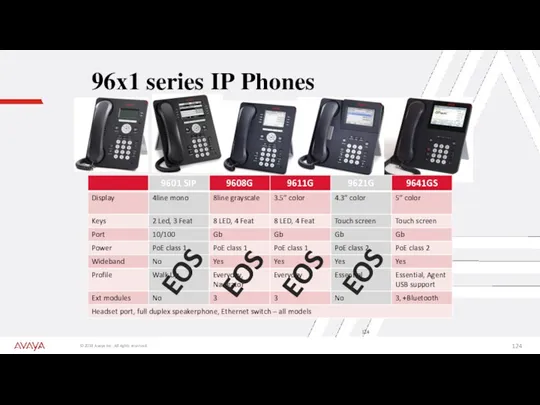
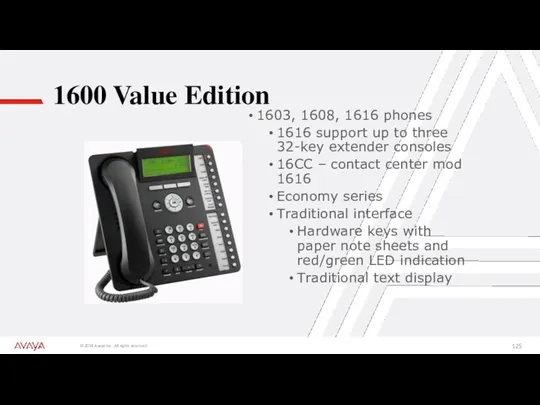
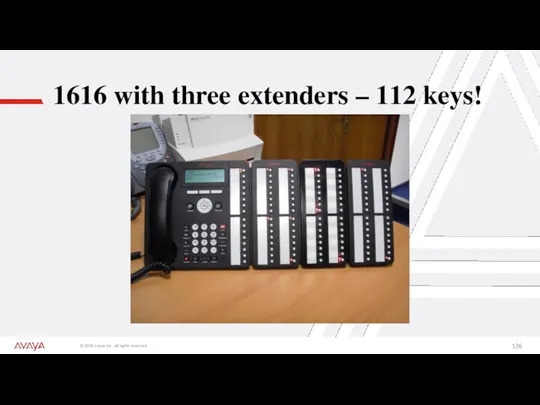
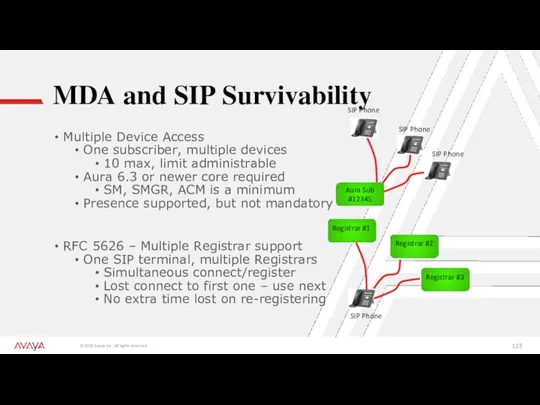
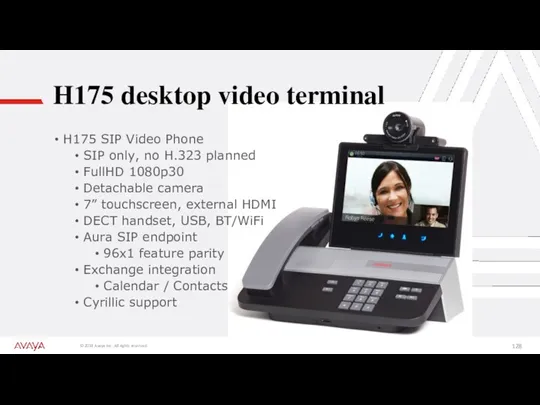
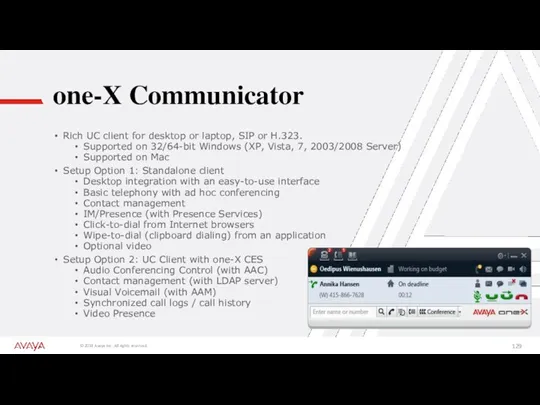
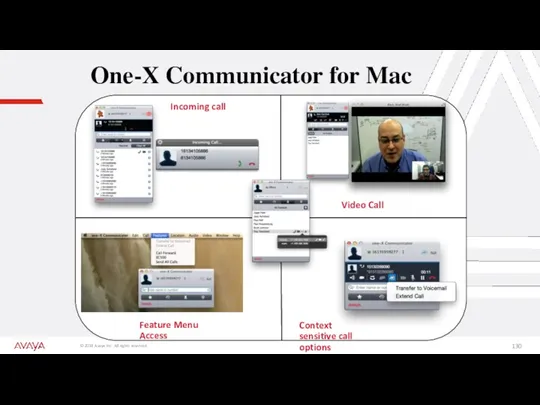
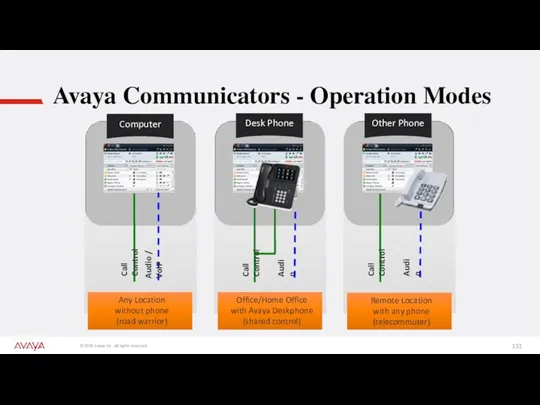
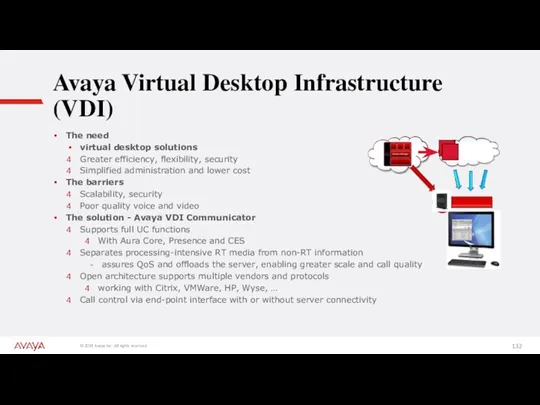
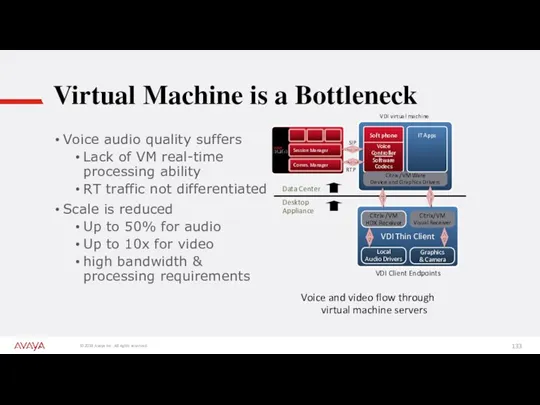
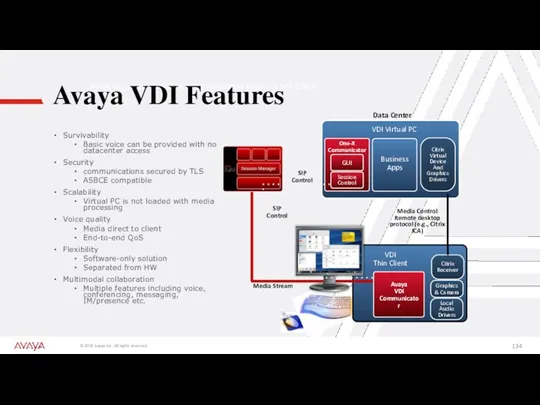
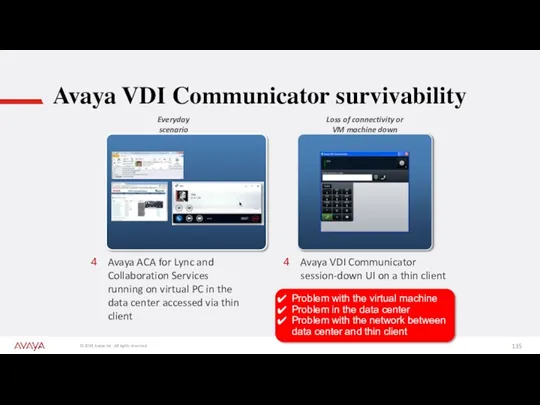
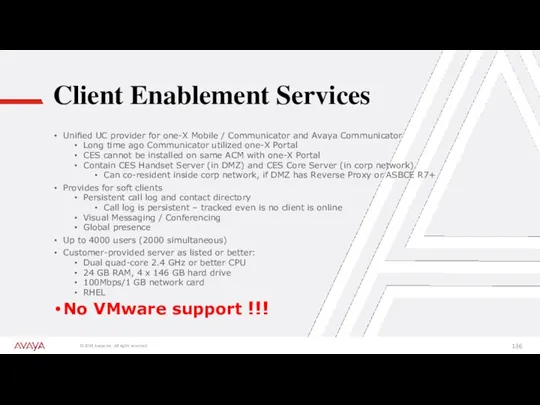
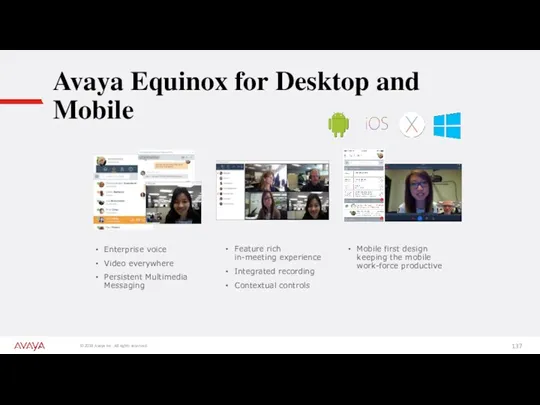
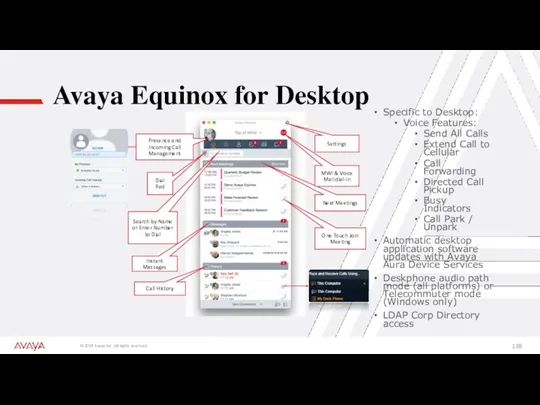
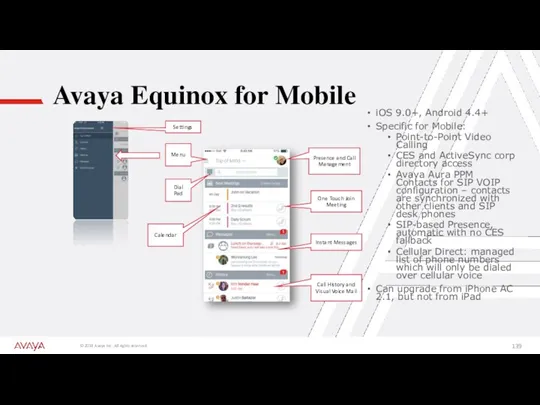
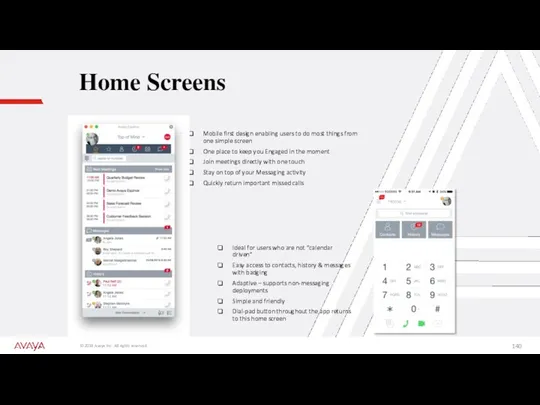
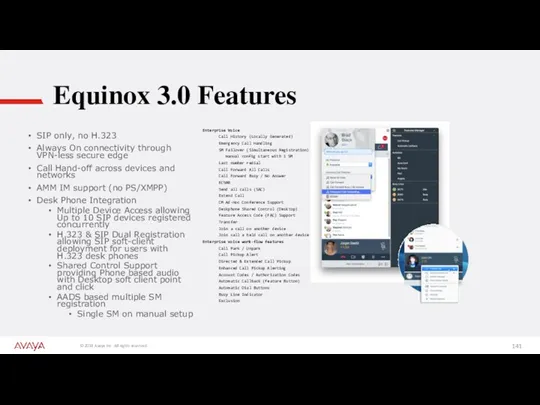
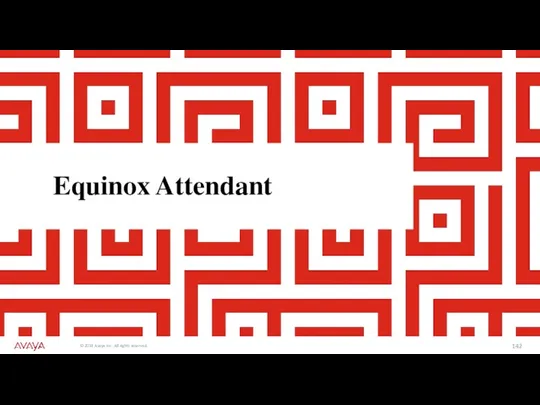
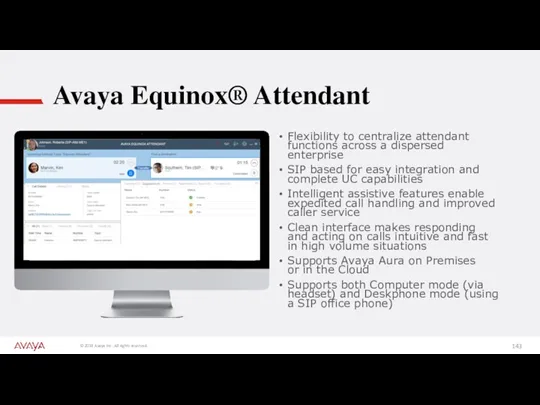
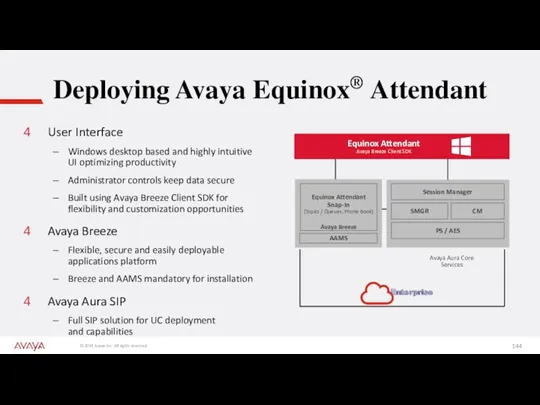
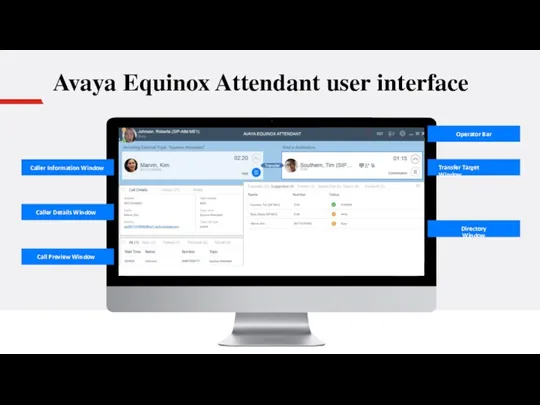
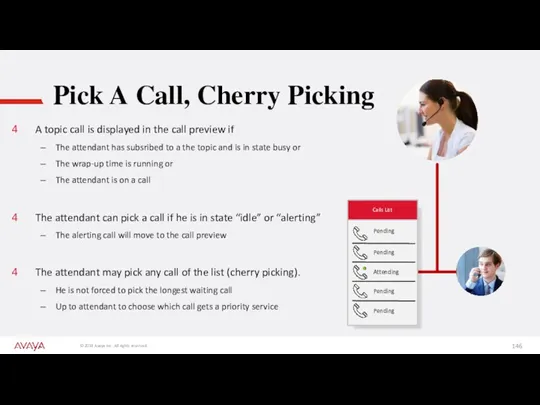
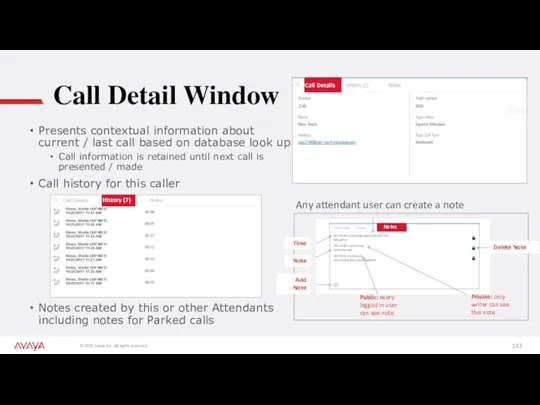
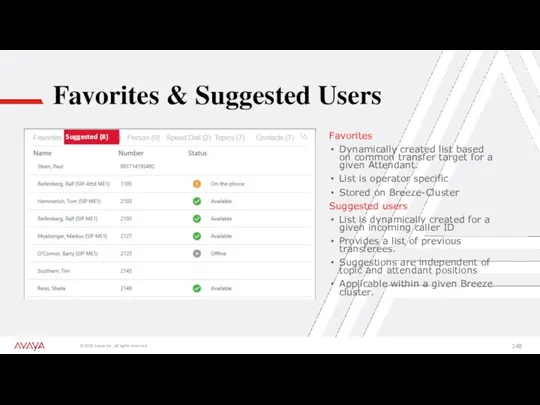
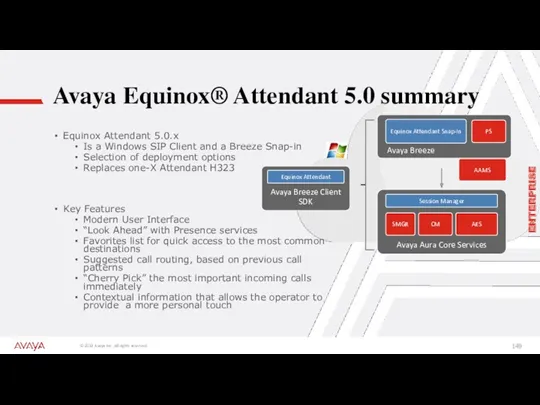
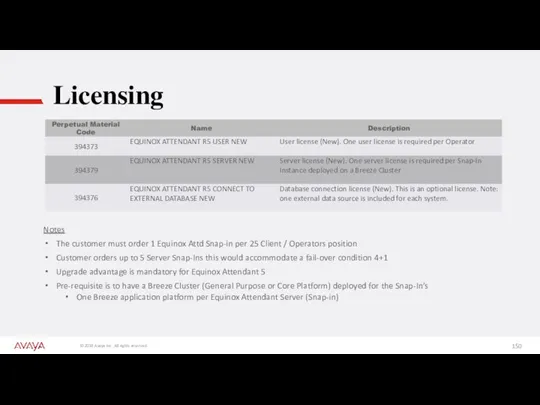
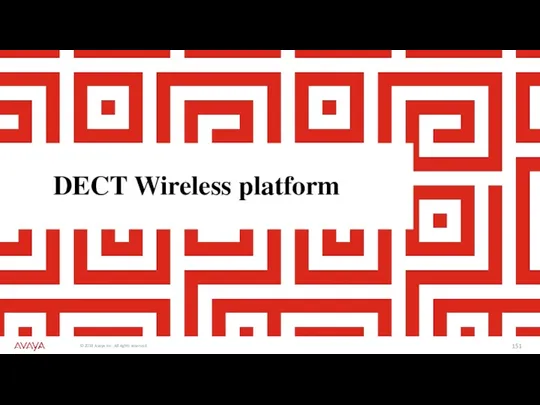
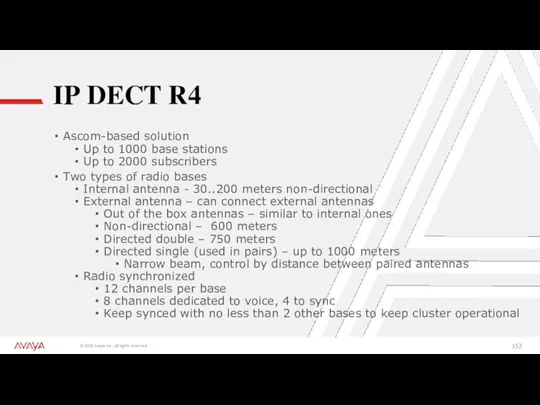
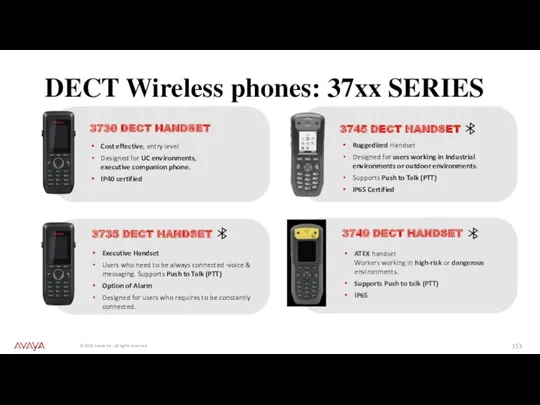
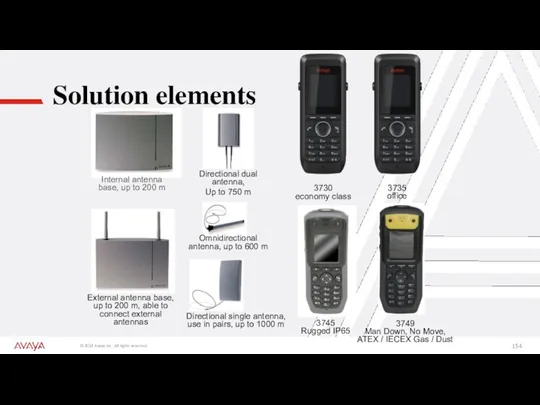
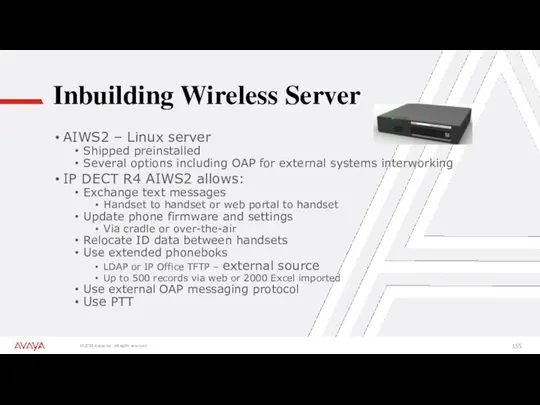
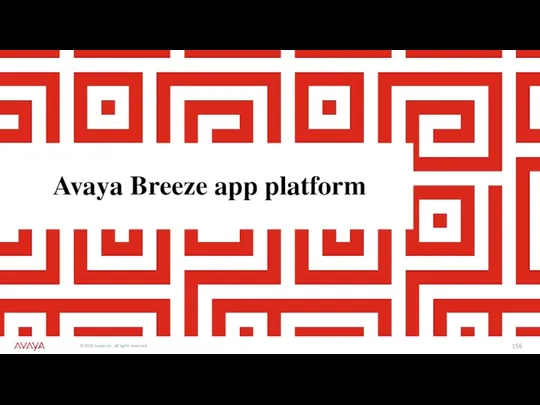
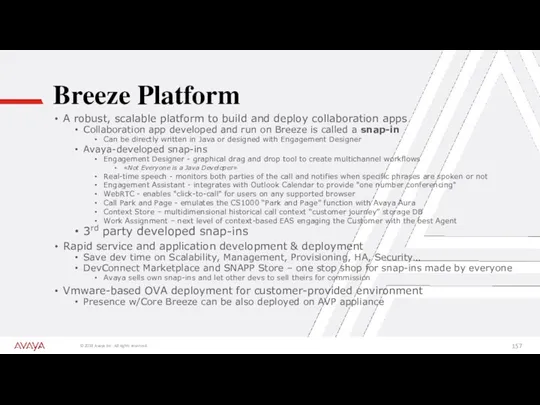
![Exam[ple] question Which statement correctly describes the Avaya Breeze™ Engagement](/_ipx/f_webp&q_80&fit_contain&s_1440x1080/imagesDir/jpg/252838/slide-157.jpg)
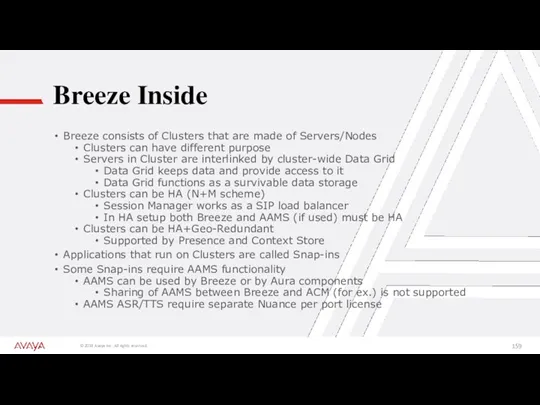
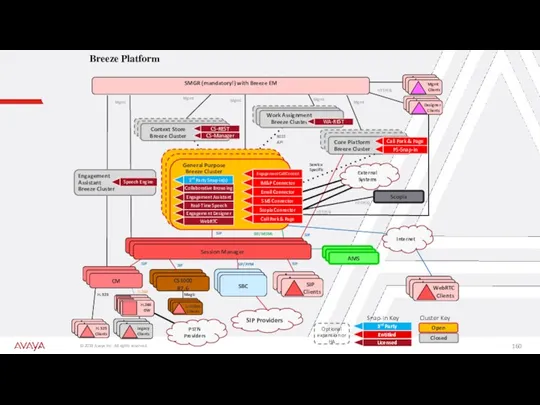
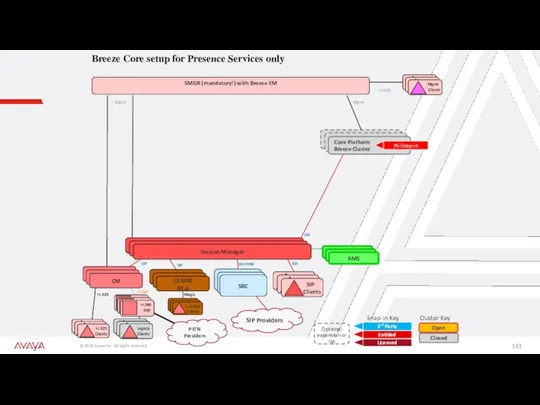
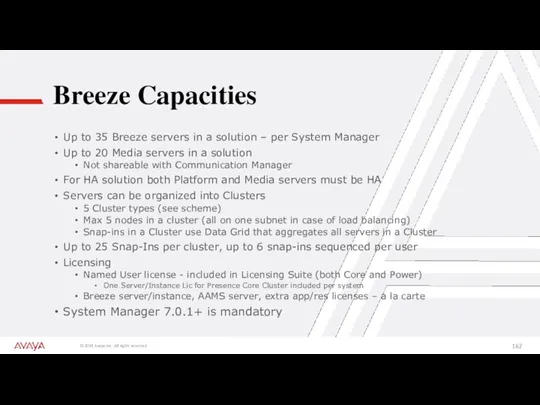
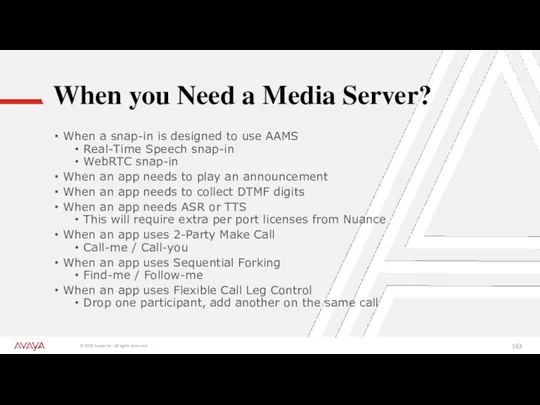
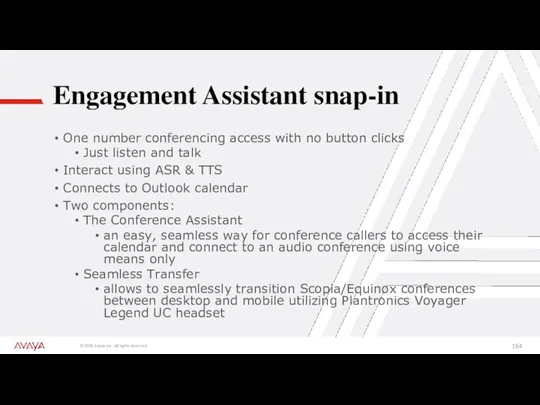
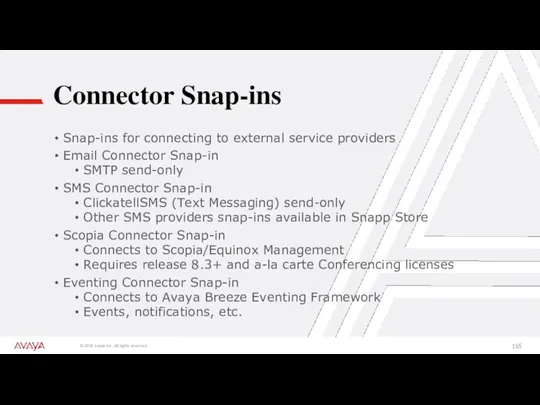
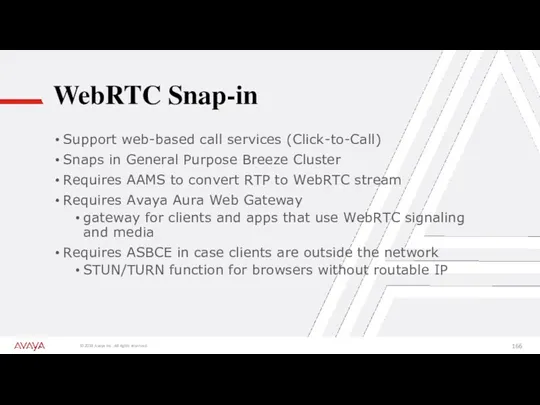
![Exam[ple] question An Avaya Aura customer wants to add Click-to-Call](/_ipx/f_webp&q_80&fit_contain&s_1440x1080/imagesDir/jpg/252838/slide-166.jpg)
![Exam[ple] question An Avaya Aura customer wants to add Click-to-Call](/_ipx/f_webp&q_80&fit_contain&s_1440x1080/imagesDir/jpg/252838/slide-167.jpg)
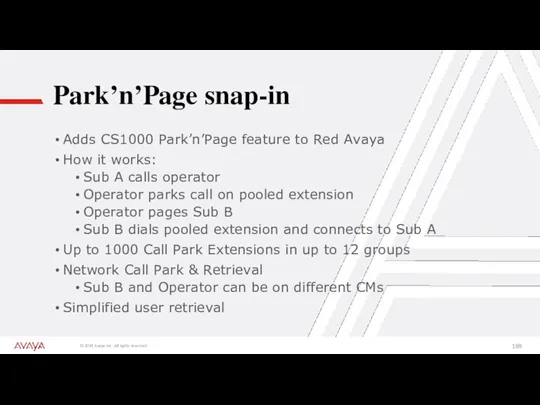
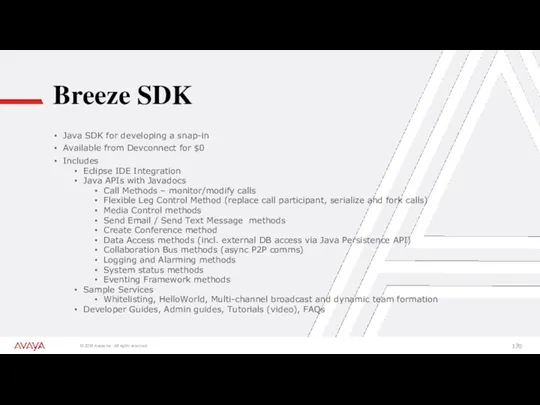
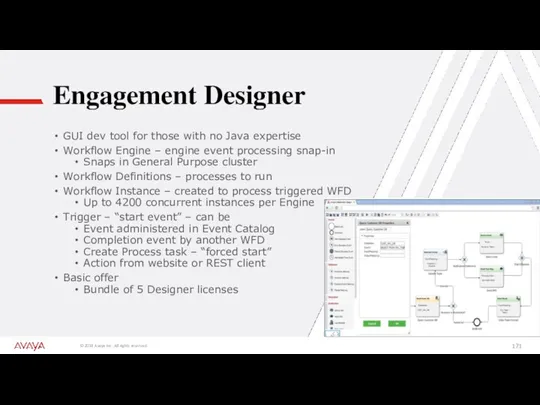
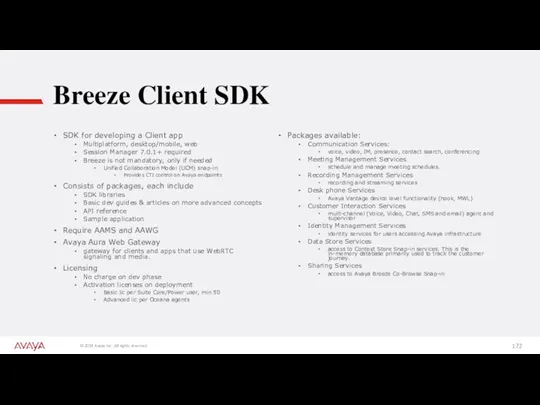
![Exam[ple] WRONG question With the Avaya Breeze™ Client Software Development](/_ipx/f_webp&q_80&fit_contain&s_1440x1080/imagesDir/jpg/252838/slide-172.jpg)
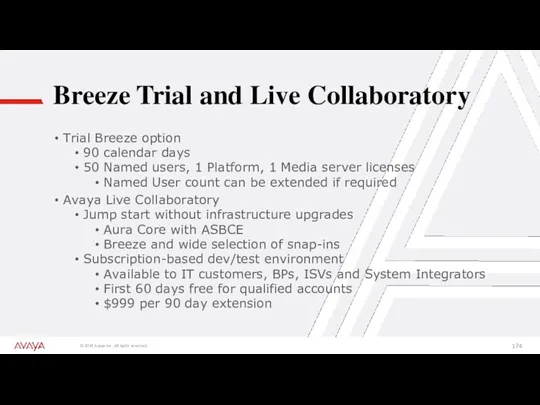
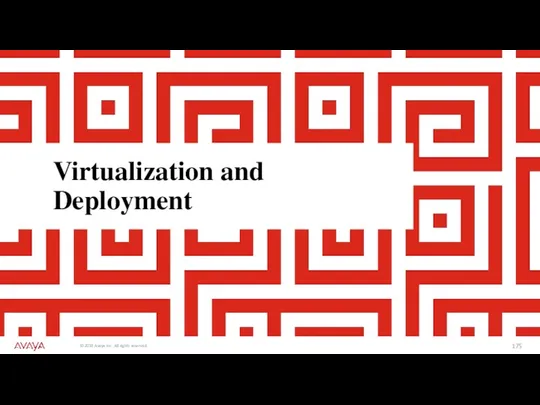
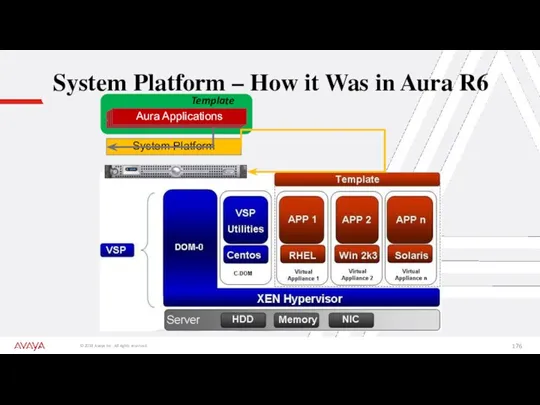
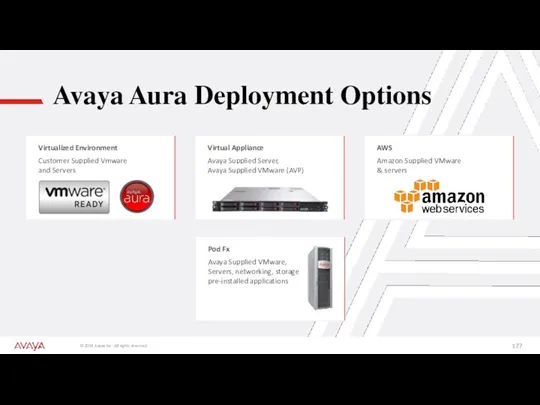
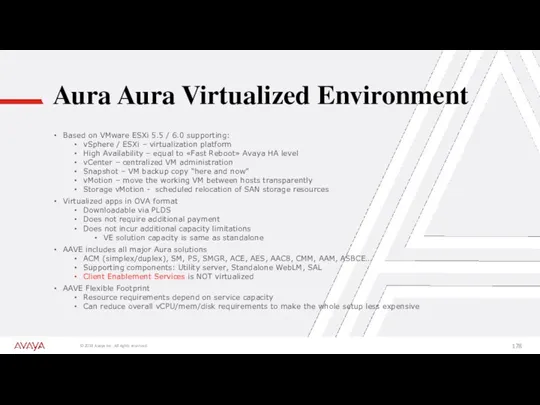
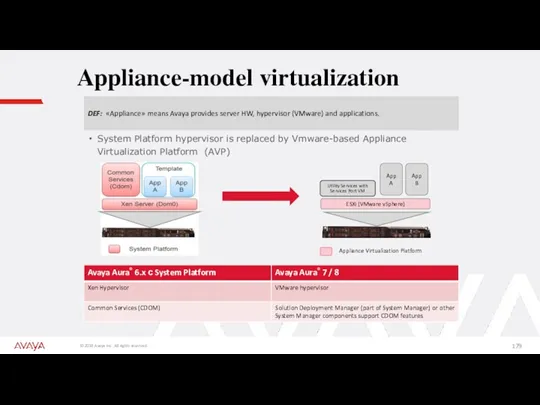
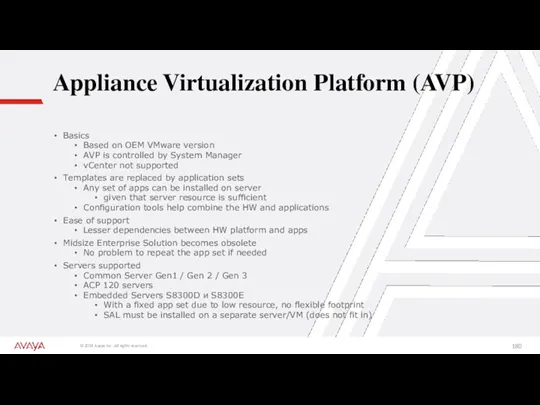
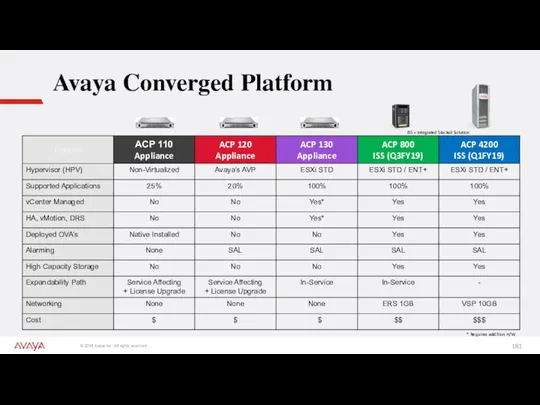
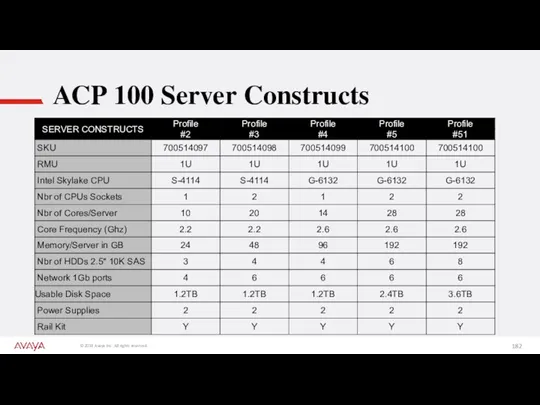
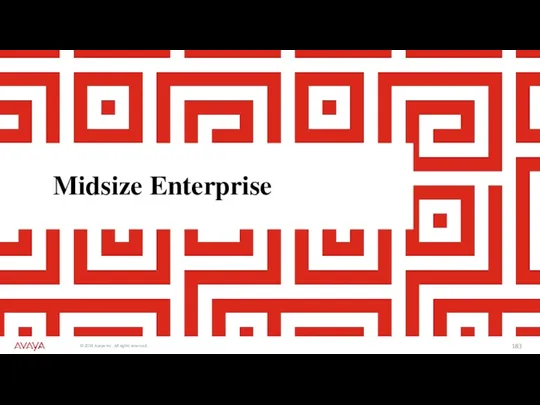
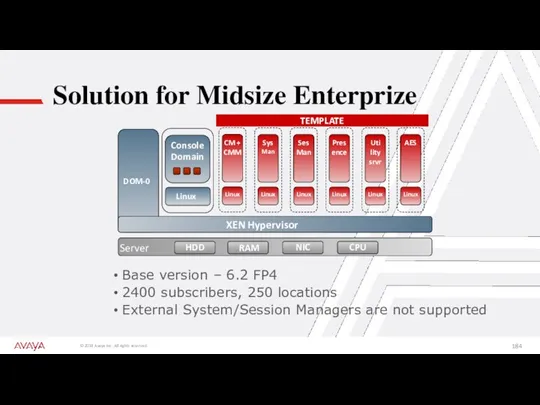
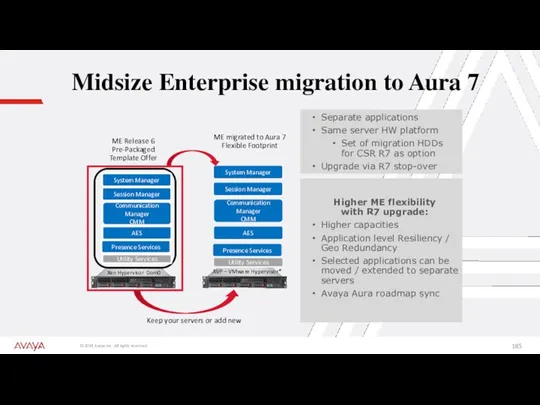

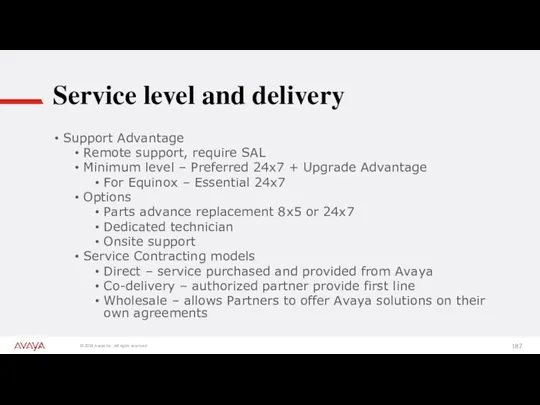
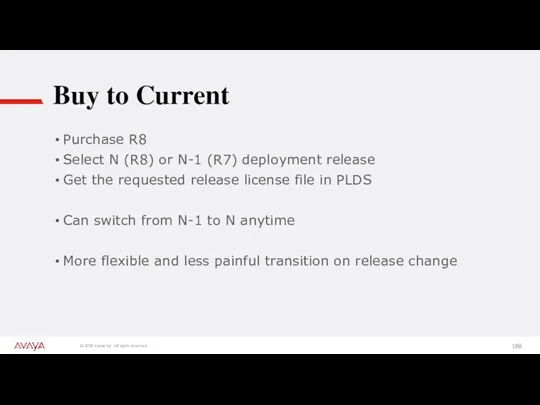

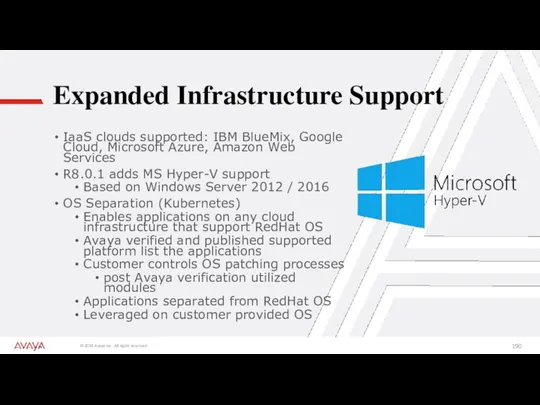
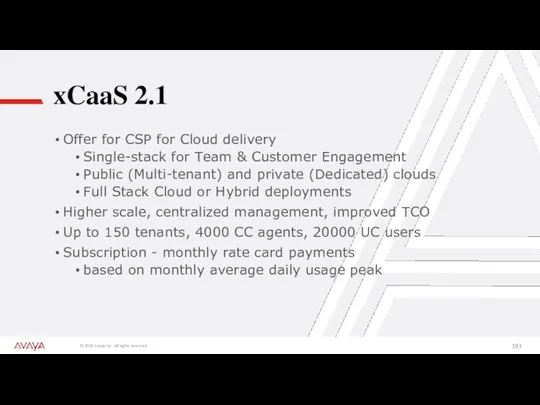
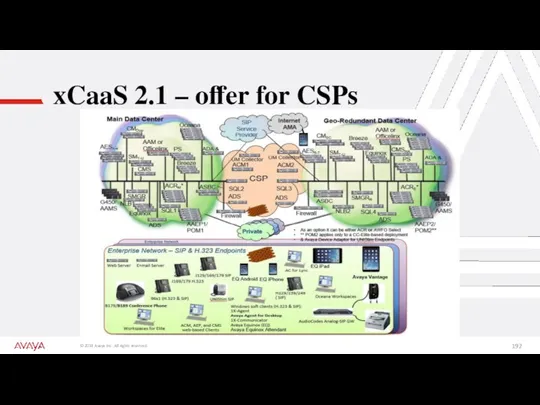
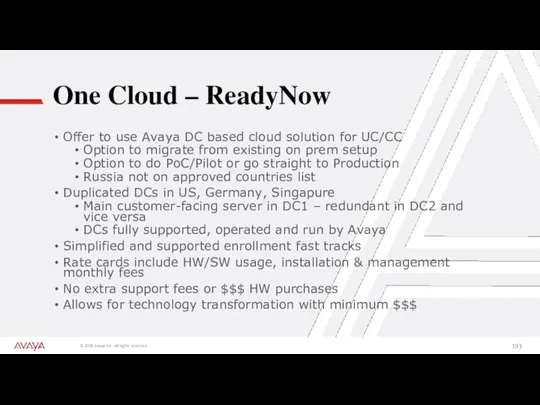

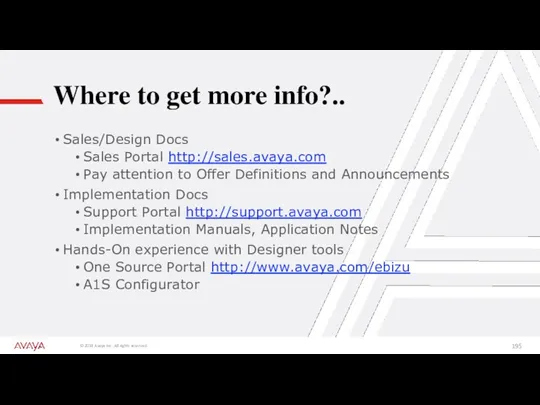

 Стратегия SMM-продвижения
Стратегия SMM-продвижения Сегментирование рынка и позиционирование товара
Сегментирование рынка и позиционирование товара Копирайтинг и SEO копирайтинг
Копирайтинг и SEO копирайтинг Додо Пицца
Додо Пицца Маркетинговые исследования и ситуационный анализ
Маркетинговые исследования и ситуационный анализ Cистеми управління безпечністю харчових продуктів на основі аналізу небезпечних факторів та точок контролю НАССР. (Тема 4)
Cистеми управління безпечністю харчових продуктів на основі аналізу небезпечних факторів та точок контролю НАССР. (Тема 4) Стратегия продвижения в поиске
Стратегия продвижения в поиске Экономная Аптека. Мотивация сотрудников аптек 2023 г
Экономная Аптека. Мотивация сотрудников аптек 2023 г Целевая аудитория. Как создать портрет клиента
Целевая аудитория. Как создать портрет клиента Мотивационная программа для мерчендайзеров NW
Мотивационная программа для мерчендайзеров NW BIM технологии в проектировании объектов
BIM технологии в проектировании объектов База под макияж AQUA
База под макияж AQUA Коммуникационная политика
Коммуникационная политика Качество изделий: основные понятия
Качество изделий: основные понятия Маркетинг в торговле
Маркетинг в торговле Керівництво з організації презентації KIA STONIC
Керівництво з організації презентації KIA STONIC Wildberries. Пошаговая инструкция
Wildberries. Пошаговая инструкция 河南省豫星微钻有限公司-Юйсин Микро-дрель корпорация Провинции Хэнань
河南省豫星微钻有限公司-Юйсин Микро-дрель корпорация Провинции Хэнань ЕАР. Мотивационная программа для дистрибьюторов
ЕАР. Мотивационная программа для дистрибьюторов Развитие ресурсов программы лояльности РЖД Бонус
Развитие ресурсов программы лояльности РЖД Бонус Стандарты обслуживания
Стандарты обслуживания Стратегии производства
Стратегии производства Гид по кампании Avon
Гид по кампании Avon Выкладка парфюмерно-косметических товаров в торговом зале, оформление витрин. Тема 2.5.2
Выкладка парфюмерно-косметических товаров в торговом зале, оформление витрин. Тема 2.5.2 Beach Words. Flip-flops
Beach Words. Flip-flops Результаты диагностики. Vichi
Результаты диагностики. Vichi Автокредитование. Условия по скидкам в сети Бипэк
Автокредитование. Условия по скидкам в сети Бипэк Renault X52 Drip Seal
Renault X52 Drip Seal